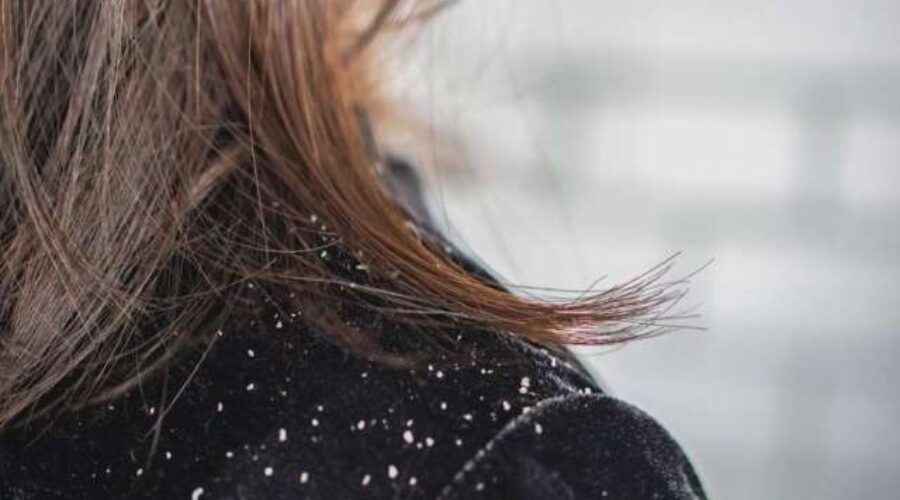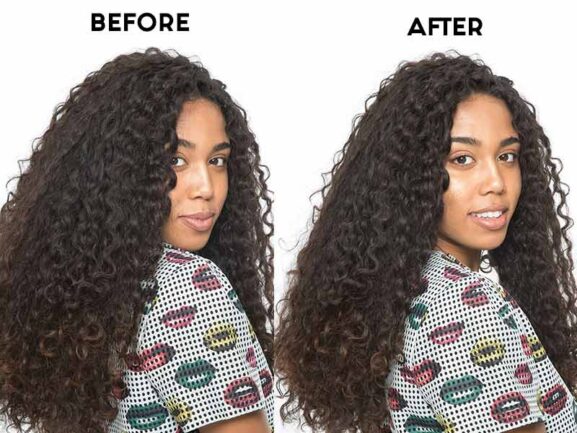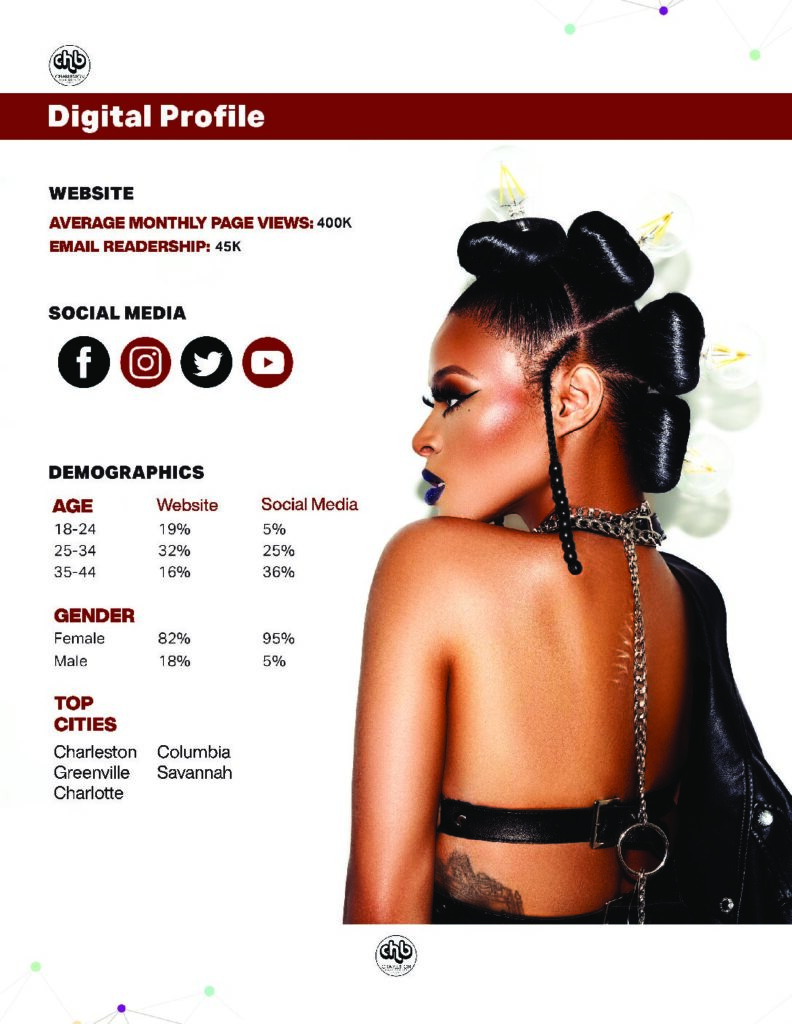How To Protect Your Natural Black Hair In Winter?
Winter is coming and it makes us think of some features of the cold season like hot foods and drinks, warm coats, holiday trips… However, there is an issue that every girl has to face. When you go out to enjoy the winter weather, your natural black hair will be damaged naturally. However, you don’t need to hibernate until the weather is warm and friendly again! With the right routine, you can keep your hair healthy throughout the winter months. CHB has compiled 10 must-know tips for winter hair care.

Why Do Winter Harm To Natural Hair?

It’s a perfect storm of bad conditions. The wind and harsh cold air suck moisture out of your hair and cause tangles. But once you’re inside, the heated air is so dry, your office can be almost as bad as sitting under a blow dryer! All this dryness accelerates frizz, breakage, and split ends, and the shock of extreme temperature changes puts additional stress on your hair. If this weren’t enough, hats, scarves, and sweaters are made from a material that insulates heat, keeping your body warm- but they pull and snag on your hair, breaking strands left and right. Whether you’re inside or outside, warm or cold, it seems like there’s no escape.
Beware Breakage Hair

If you don’t know how to care for your natural black hair, you will experience breakage in one or two specific areas of your hair. When you wear wool hats and scarves tightly, they can rub against and pull on delicate black hair. The trick for who lives in a snowy climate is actually in wearing them the right way to avoid damage. A good way to do this is to try sewing a satin or silk lining inside of your wool cap. If you’re not crafty enough to do this, ask a friend or family member who is. You might also just want to wrap a silk scarf over your head beforehand if that’s too much. The best way to protect your hair during winter is to always try to cover your hair during winter, and include some additional care tips in your everyday routine.
More Deep Condition

The heat on warm homes and workspaces can dry out your hair so combat the winter dryness with extra deep conditioning. The reason is that your black hair has to suffer from the temperature contrast between cold winter weather and the hot room temperature. Look out for products that hold in moisture, and use a good deep conditioner about once a week. Sticking to natural oils is a better bet for holding in the moisture that you get from water.
Avoid Going Out With Wet Hair

It’s no fun when leaving the house on a frosty morning with wet or damp hair, particularly if you’re in a freezing climate, where your wet hair might actually freeze and break. A piece of advice to protect your natural hair is that you need to ensure your hair dry before going out.
Minimize The Heat

Indoor heating is going to suck a lot of the moisture from your hair. Don’t help it along by using flat irons, blow dryers or curling irons. You can also wear buns, ponytails, braids, and twists that all great hairstyles without requiring heat. If you decide to use a heating tool, use a hair product to protect your hair from heat. In addition, you can also use a leave-in conditioner accompanied by a heat-protecting hair serum to replenish moisture.
Protective Styling

While wearing protective styles is always a good idea for keeping hair ends up and out of the way, they work well in winter for protecting your hair from weather damage. Snow, sleet, and heat won’t be able to damage your hair as much when you keep it styled in buns, topknots, braids, twists and French rolls. Wearing protective styles help preserve your hair throughout the winter.

10 inch tape in hair will be another choice for you when you want to use hair extensions. This is a smart option when this hair can cover all your weak hair. Not only bringing to you an alluring hairdo immediately but this hair extension is also a method to protect your real hair in the cold of this winter.






